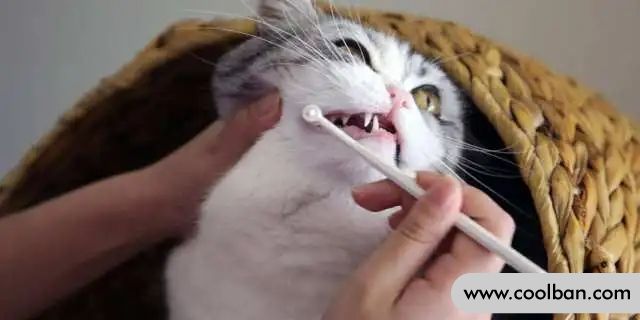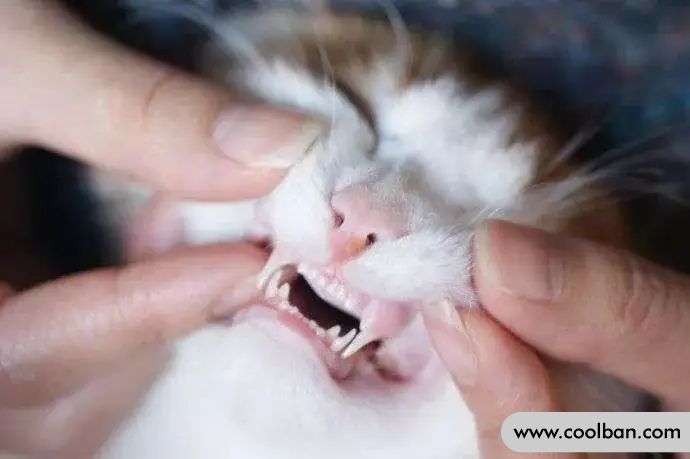What causes periodontitis in cats?
If you don't pay attention to cleaning your cat's teeth, cats can also get periodontitis! Maybe you don't know periodontitis, which is an acute or chronic inflammation of the tissue surrounding the teeth. The main clinical features are tooth loosening, tooth heel atrophy and deformation, and bad breath. So how do you treat a cat with periodontitis?
Causes of periodontitis in cats
① Mechanical irritation occurs after dental calculus.
② Infection caused by food accumulation or tooth loss.
③ improper feeding and management, lack of trace elements and vitamins in food.
④ Certain infectious diseases and chronic systemic diseases, such as calicivirus, diabetes, kidney disease, hyperthyroidism and hereditary diseases.

What are the symptoms of cat periodontitis
Clinical symptoms are characterized by prolificity, intermittent feeding, reluctance to eat hard foods, difficulty chewing, and occasional pain and screaming when food touches the lesion.
The mouth has an unpleasant odor. Affected cats will resist oral examination.
During the oral examination, it was found that the teeth had calculus attached, the teeth were loose, and the roots were congested and swollen. There is significant pain when the instrument touches the affected tooth.

How to treat periodontitis in cats
①The treatment requires general anesthesia and head immobilization.
② Thoroughly remove tartar, and pull out necrotic and dysfunctional teeth.
③ Use disinfectant, 0.1% potassium permanganate water or 3% boric acid water to gargle. Then coat with 2% iodine glycerin or tin powder and ice boron powder. 10% silver nitrate can be used to erode teeth with hyperplastic granulomas.
④ Infection control, penicillin 50,000 units/kg body weight and dexamethasone 0.5 mg/kg body weight, intramuscular injection once, twice a day. Gentamicin 10000 units/kg body weight, dexamethasone 0.5 mg/kg body weight, intramuscular injection once, 2 times/day.
⑤ Supportive therapy. For cats with loss of appetite, intravenous infusion of glucose and compound saline should be given, and oral vitamin B preparations should be given.
⑥ Give nutrient-rich liquid food. After oral cleaning, systemic antibiotics and glucocorticoid treatment, the clinical symptoms of the disease can be significantly improved, and some cats can be cured, but some cats are prone to relapse after drug withdrawal and cannot be completely eradicated.
